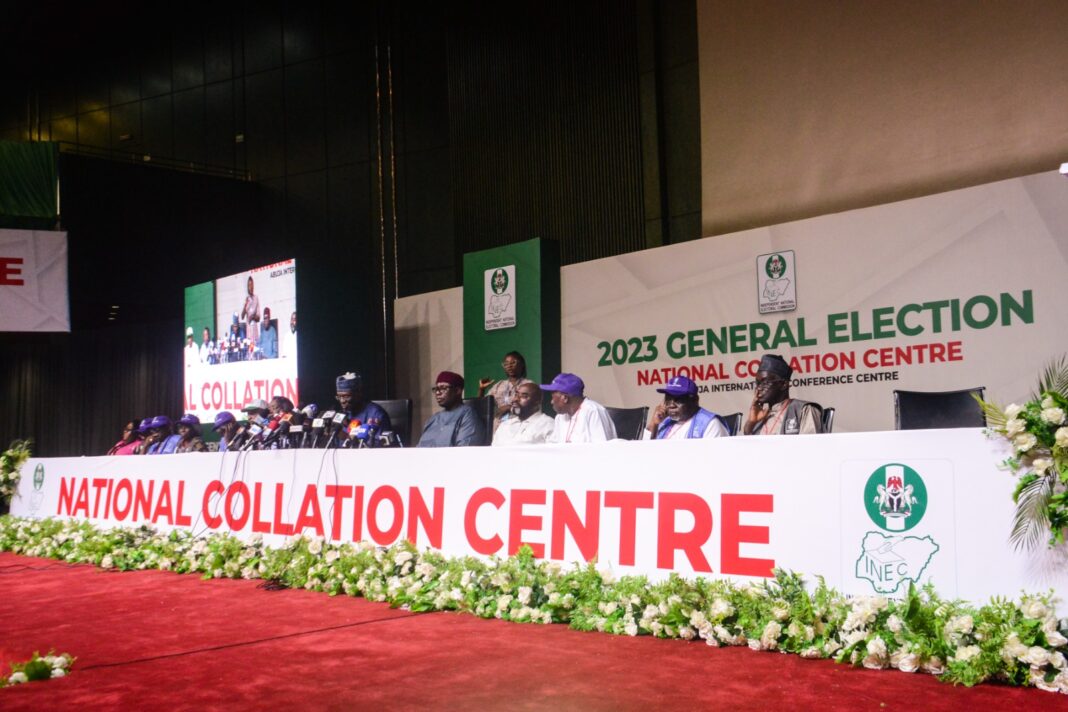Six states of the federation have dragged the Federal Government before the Supreme Court over the conduct and subsequent collation and announcement of the Feb. 25 Presidential and National Assembly elections.
The plaintiffs in the originating summons marked: SC/CV/354/2023, are specifically asking for an order of the apex court “directing a wholistic review of all results so far announced by the Federal Government of Nigeria through the Independent National Electoral Commission (INEC).
They alleged that the collation and announcement ofthe results were carried out other than through the manner prescribed by the provisions of the Electoral Act, 2022, the INEC Regulations and Guidelines for the Conduct of Elections, 2022; and the INEC Manual for Election Officials.
The suit is filed by the Attorneys General of Adamawa, Akwa-Ibom, Bayelsa, Delta, Edo and Sokoto State.
The Attorney General of the Federation is the sole respondent and was brought pursuant to SECTIONS 6 (6) (a), 14 (2) (b), 153 (1) (F) AND 232 (1) OF THE 1999 CONSTITUTION OF THE FEDERAL REPUBLIC OF NIGERIA (AS AMENDED);
2. SECTIONS 25 (1), (2) and 3; SECTIONS 60 AND 66 OF THE ELECTORAL ACT, 2022.
They predicated their case on the grounds that the collation of the national election results from the 36 States of the Federation, and that of the Federal Capital Territory, for the said 2023 elections have not been carried out in compliance with the mandatory provisions of relevant sections of the Electoral Act, 2022.
According to the suit filed by their lawyer, Prof Mike Ozekhome, SAN, the agents and officials of the federal government and INEC, failed to transmit the collated result as prescribed by the provisions of the Electoral Act, 2022 and the INEC Regulations and Guidelines for the Conduct of Elections 2022.
They said the commission failed to adhere to the transmission of the results by the use of Bimodal Voter Accreditation System (BVAS) in flagrant breach of the relevant provisions of the Electoral Act, 2022; the INEC Regulations and Guidelines for the Conduct of Elections, 2022; and the INEC Manual for Election Officials, 2023.
It is their submission that the “non-compliance” with the due process of law has led to a widespread agitation, violent protests, displeasure, and disapproval from a wide spectrum of the Nigerian populace, including International Observers, Political parties, well-meaning Nigerians and former Head of States of the Federal Republic of Nigeria”.
They further claimed that the widespread violent protests, demonstrations and rallies have endangered the peace, order, good governance, security and safety of the Plaintiffs.






